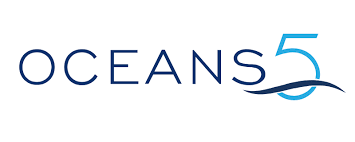Towards a future management and conservation of sharks and rays
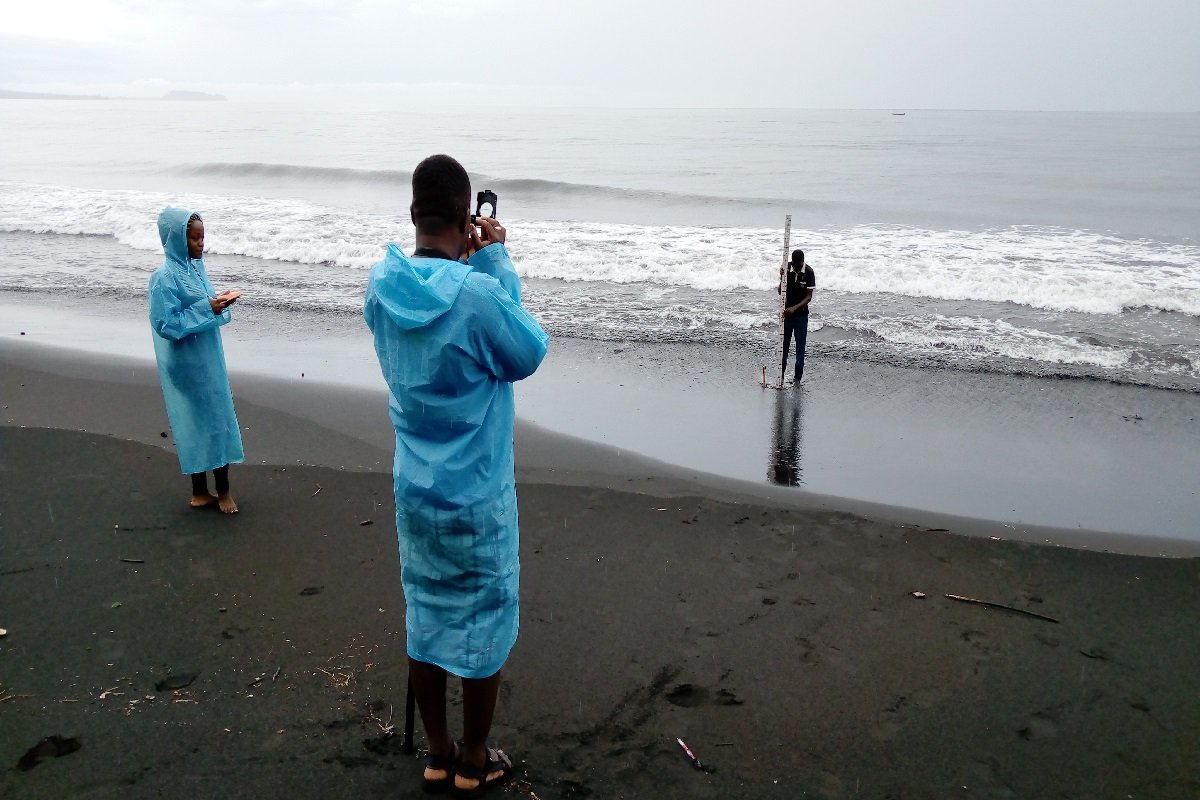
These cartilaginous fish have a status of concern, which is why they are the subject of monitoring programs aimed at contributing to their preservation on the north coast of Cameroon and in other regions.
In freshwater and marine habitats we can find more than 1,250 species of cartilaginous fish—sharks and their relatives, the batoid fishes (including skates, rays, guitarfishes, and sawfishes) and chimaeras. Many of these species are culturally and economically important but have been seriously overfished, putting entire ecosystems at risk. Most countries lack catch limits for key species including Cameroon. Furthermore the conservation status of nearly half of these species is poorly known. According to IUCN one quarter is estimated to be threatened with extinction, and only one quarter is considered of least conservation concern.
For many sharks and rays, the international actions by organisations such as CITES have made recommendations to initiate and improve the collection of species level taxonomy- specific data on sharks and rays. Yet, elasmobranch species are not included in the wildlife law of 1994 in Cameroon.
International and domestic fisheries management improvements are urgently needed to protect these vulnerable species from overfishing and finning.
Specifically, our vision aims at enhancing the current on-going researches and monitoring programs in order to create a conservation plan of sharks and rays in the northern coastline of Cameroon and other regions that aligns with scientific advice, strict protections for endangered species, and strong, enforceable bans on shark finning.
Our efforts are focused on lobbying the Cameroonian government and the Ministry of Fisheries to implement the necessary steps to support future proposals from CITES with regards to elasmobranchs and to establish a long-term fishery monitoring program.
The problem of overfishing
The majority of sharks and rays are inherently susceptible to overfishing because of their biology, as they grow slowly, mature late, and produce few young. Again there is no legal status protecting them in Cameroon. We still find specimens of 11 species threatened with extinction in fish landing sites along the coast. That being said, we know little about the impact of these fisheries and sometimes even less about how these fisheries operate especially in African Countries. Data on elasmobranchs that is necessary to advocate for their protection is scant as compared to terrestrial animals. The reason is the complexity and the high cost of data collection and limited financial resources to do so. The lack of scientific skills, in addition to poverty in developing African countries, makes data collection even more challenging.
Proposed Solutions
The African Marine Mammal Conservation Organization (AMMCO) had established the SIREN network with an initial number of about 30 fishermen along the coast of Cameroon in 2012. More than a thousand elasmobranch pictures have since been collected through SIREN. However this reporting system lacked essential data such as clear photo, sex ratio and body size measurment. This led the organization in 2018 to start fish landing monitoring in the northern coastline of Cameroon and other regions like Douala and Kribi, where the observation of 27 elasmobranch species, such as the manta ray, the guitarfish, the bouledogue shark, the great hammerhead the angel shark, etc… have now been reported. The enhancement of the current on-going researches and monitoring programs will contribute to the creation of a conservation plan for sharks and rays in the northern coastline of Cameroon and other regions. The data will help fill knowledge gaps and advise species-specific management practices.
Goals to reach
Scientific advice for shark and ray fishing limits has yet to be adopted, particularly for targeted and/ or commercially valuable species, but momentum toward more responsible fishing has been building. With the current monitoring program, we want to understand the impact of fisheries and how we might better manage them. The direct contact with fishermen through interview surveys will be the opportunity for community awareness sessions. Additionally, with the support of the Cameroonian government and the Ministry of Fisheries, AMMCO will help establish a long-term monitoring program to better manage how we fish in our oceans. Furthermore, improved management of fisheries in the northern coastline of Cameroon is overdue and essential for the effective conservation of shark and ray species and could set a strong precedent for other regions.



.jpg)
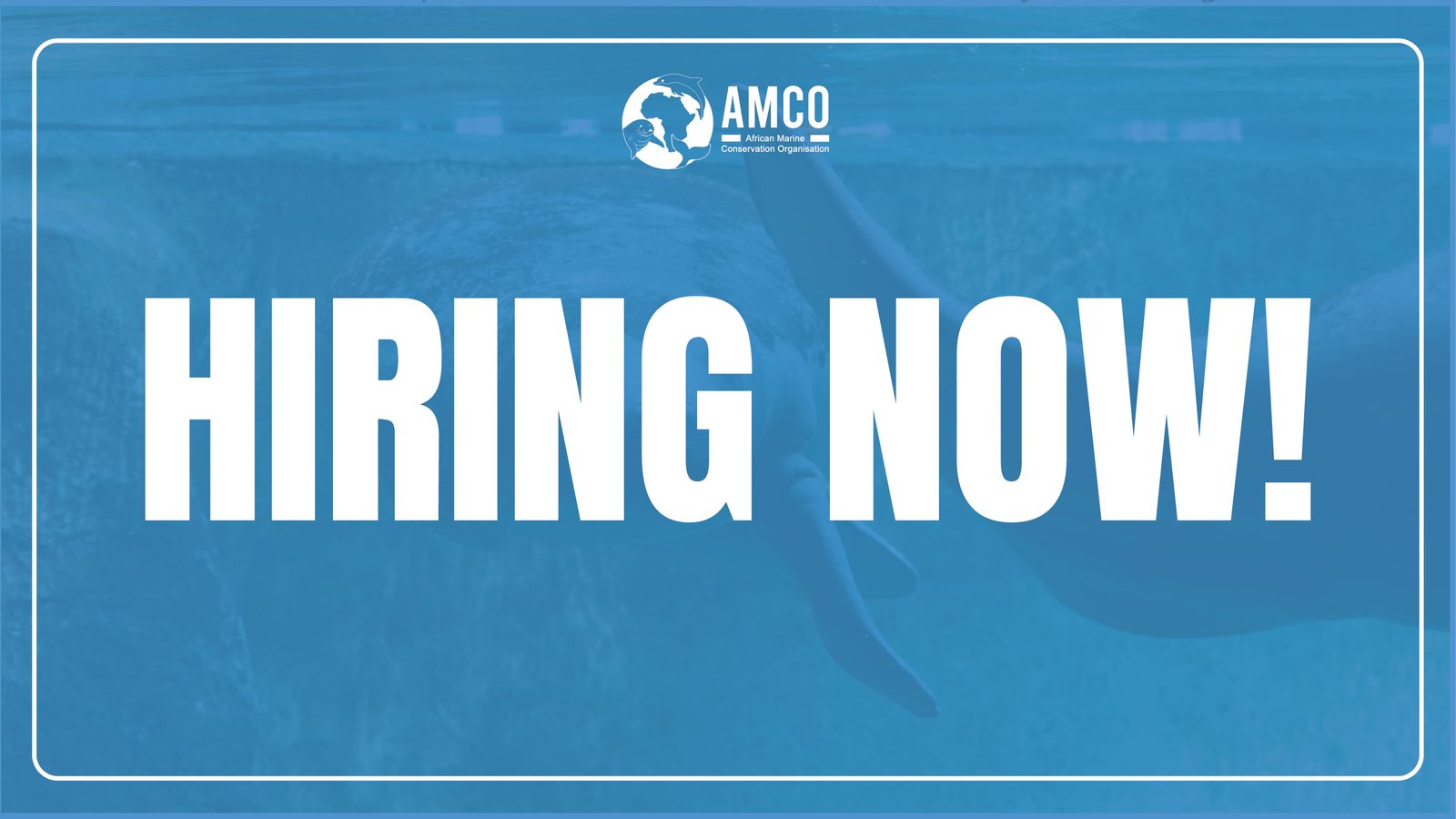

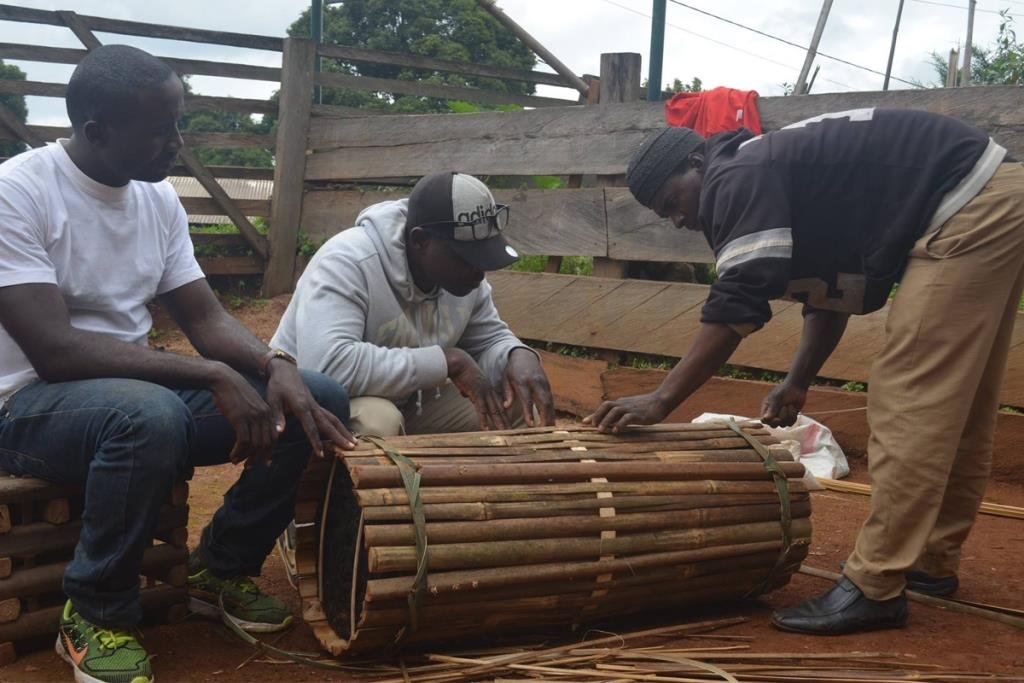
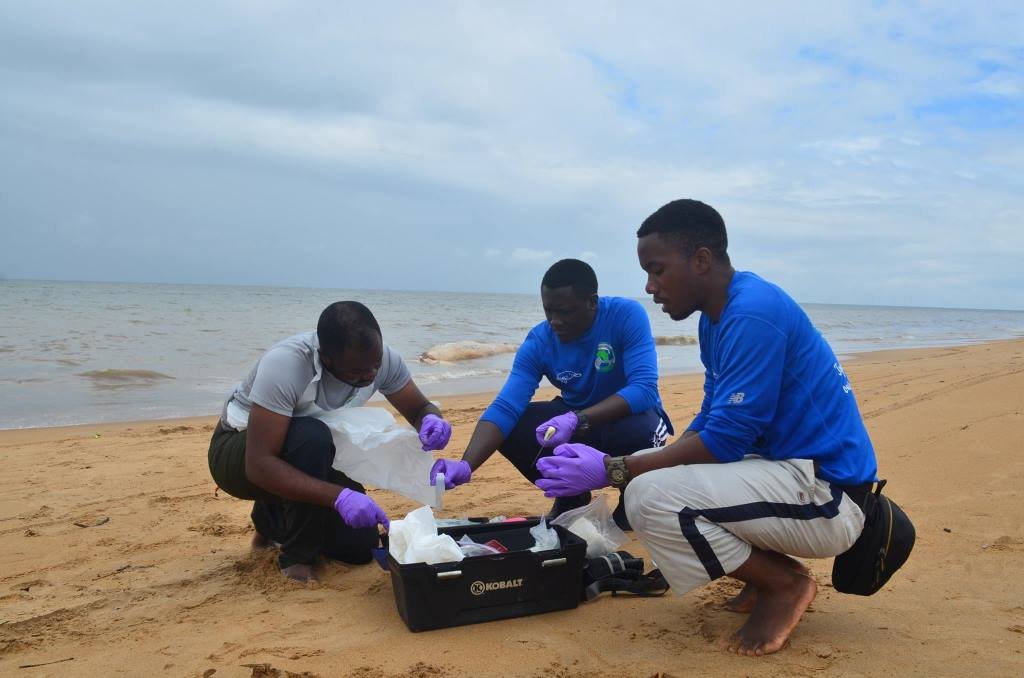
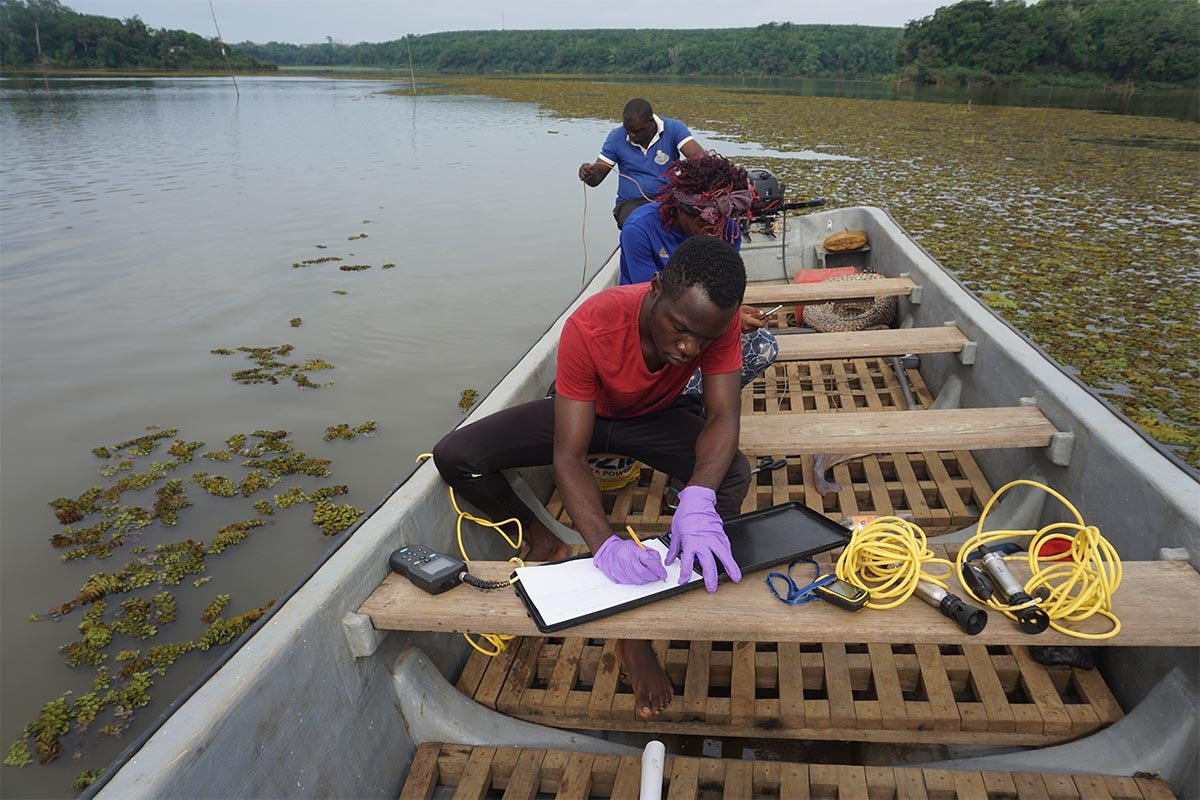



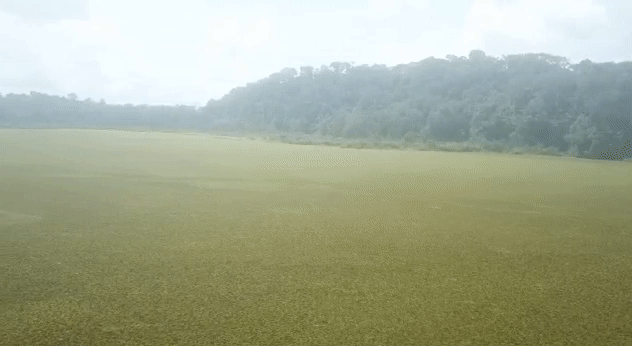

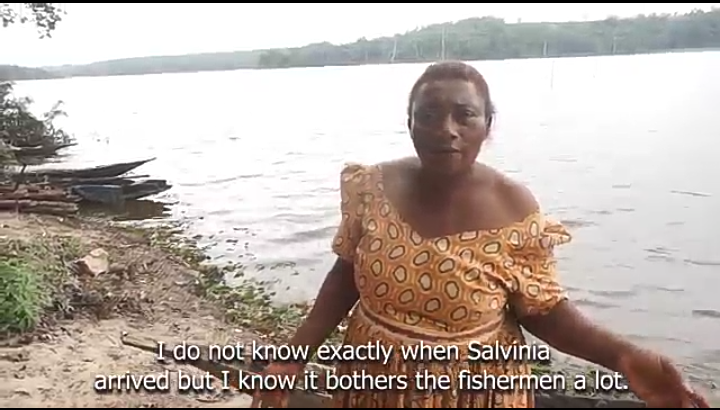

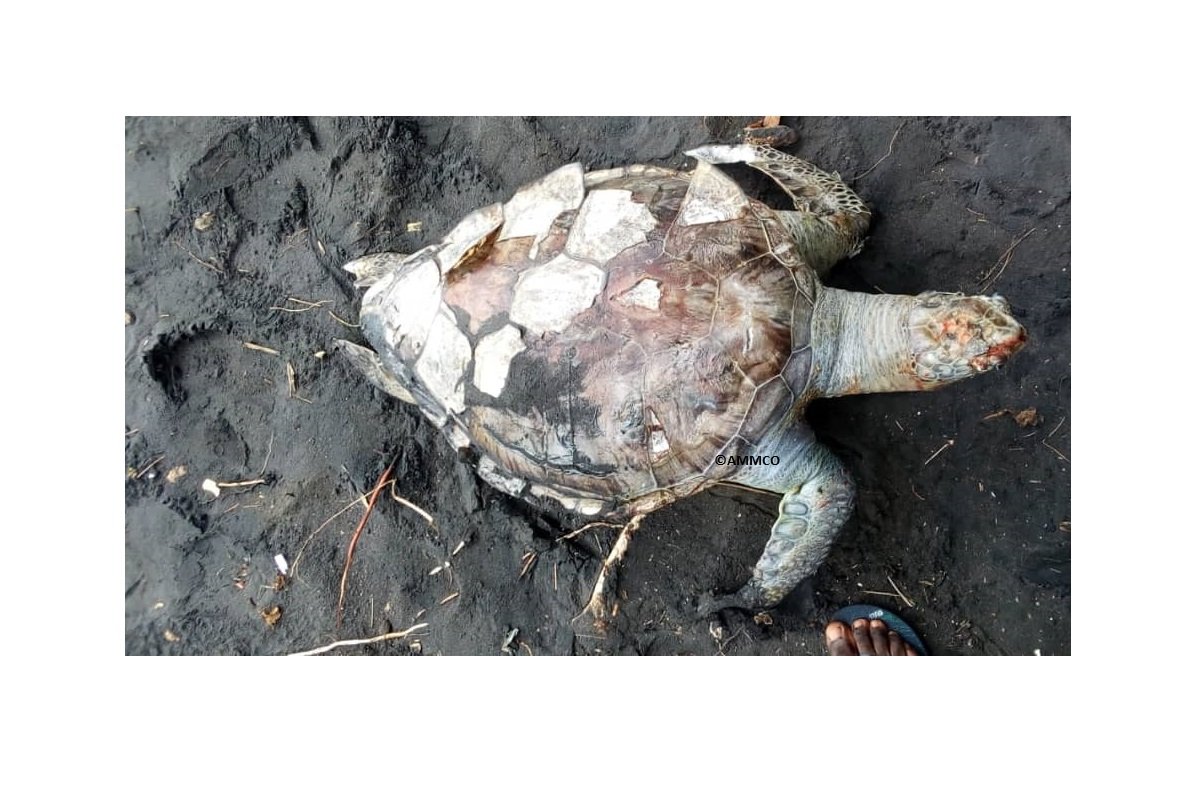


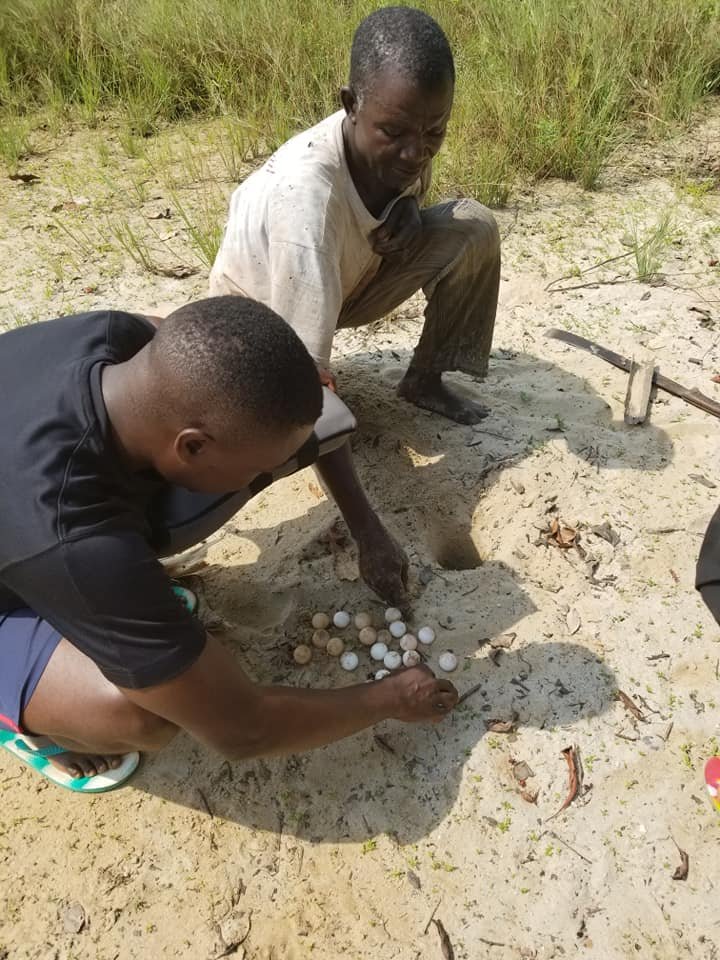
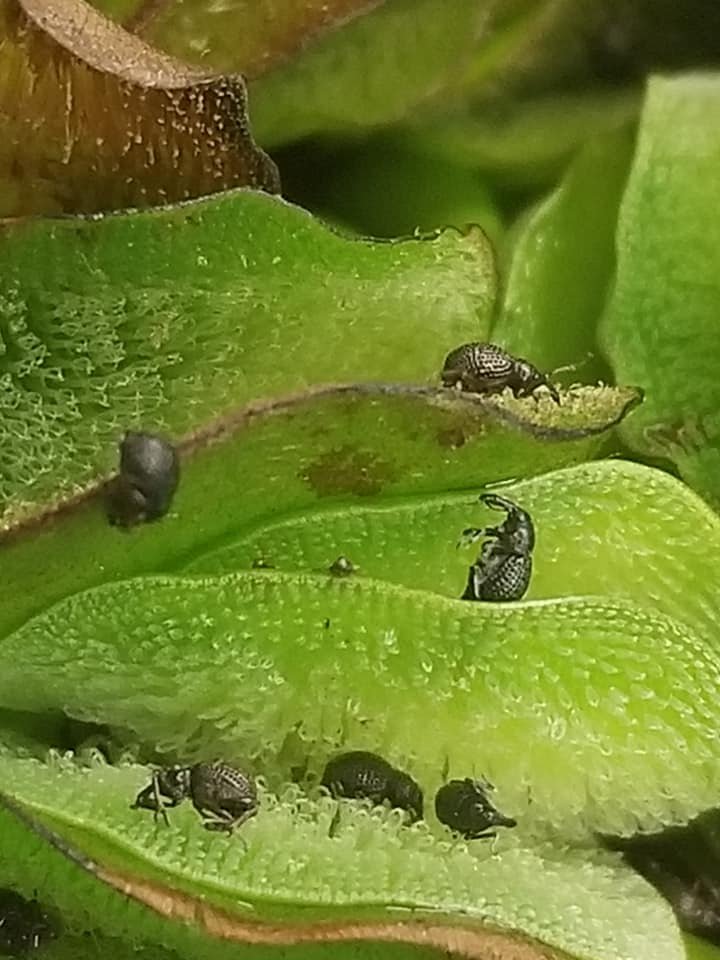
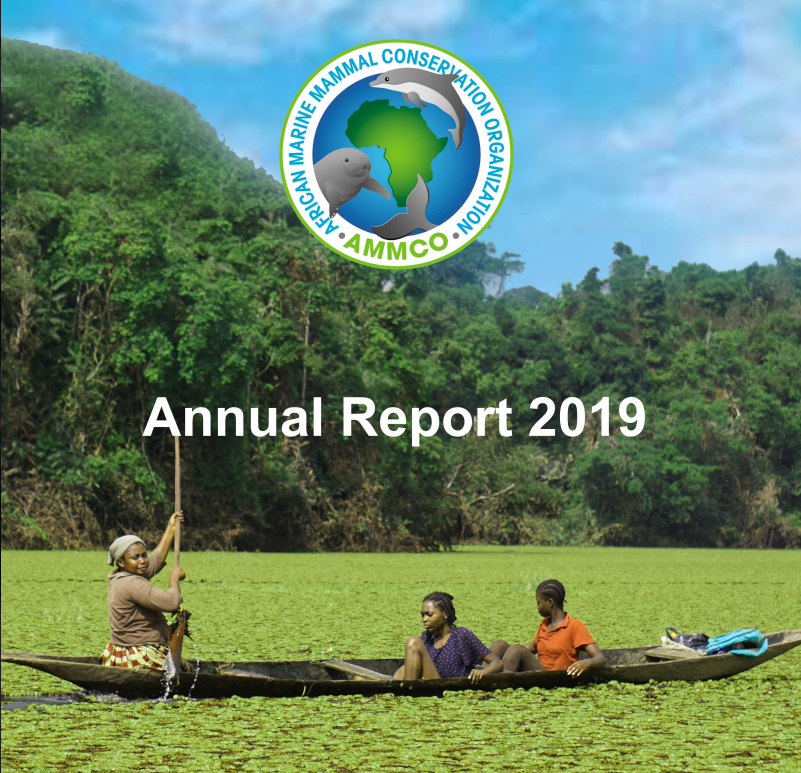

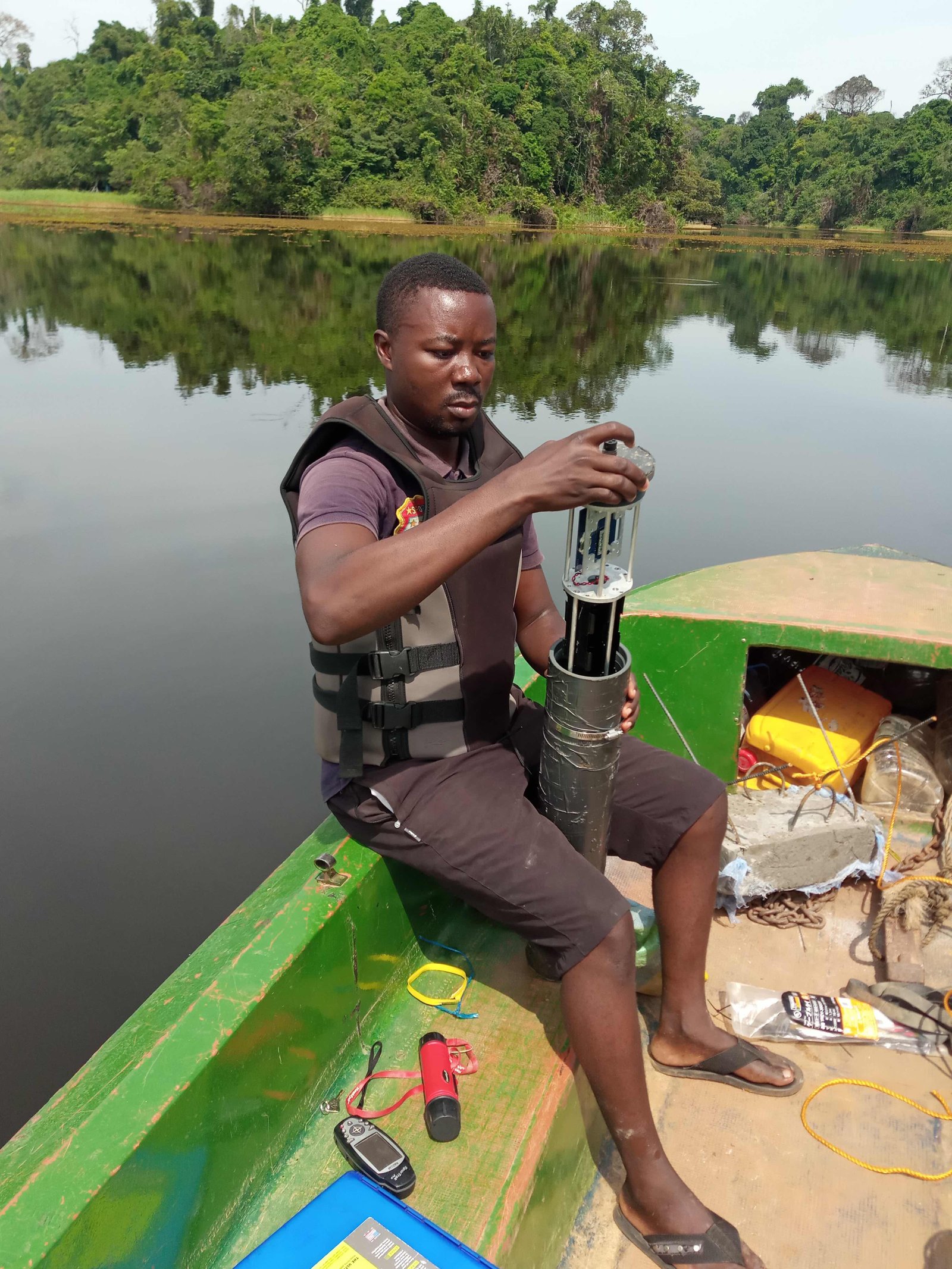


.jpg)

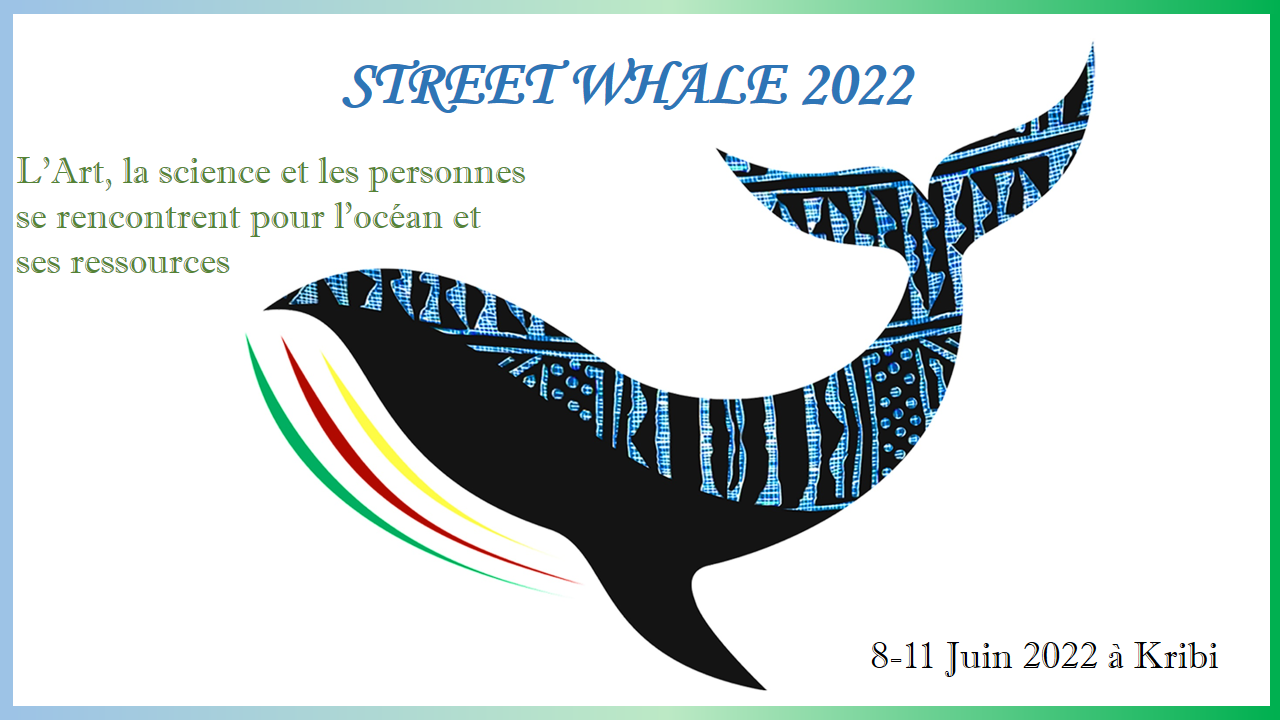
.jpeg)



.jpeg)




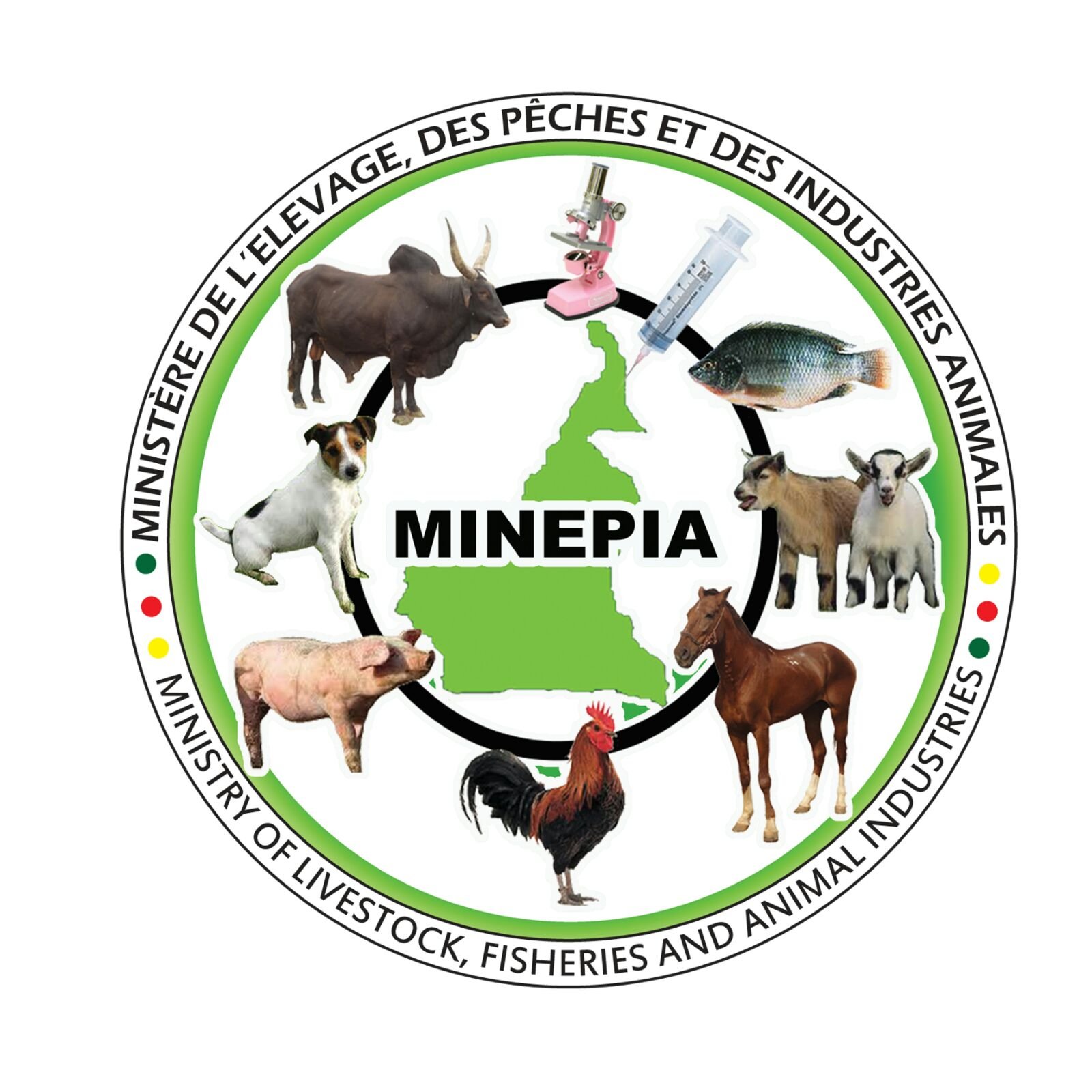
.jpg)

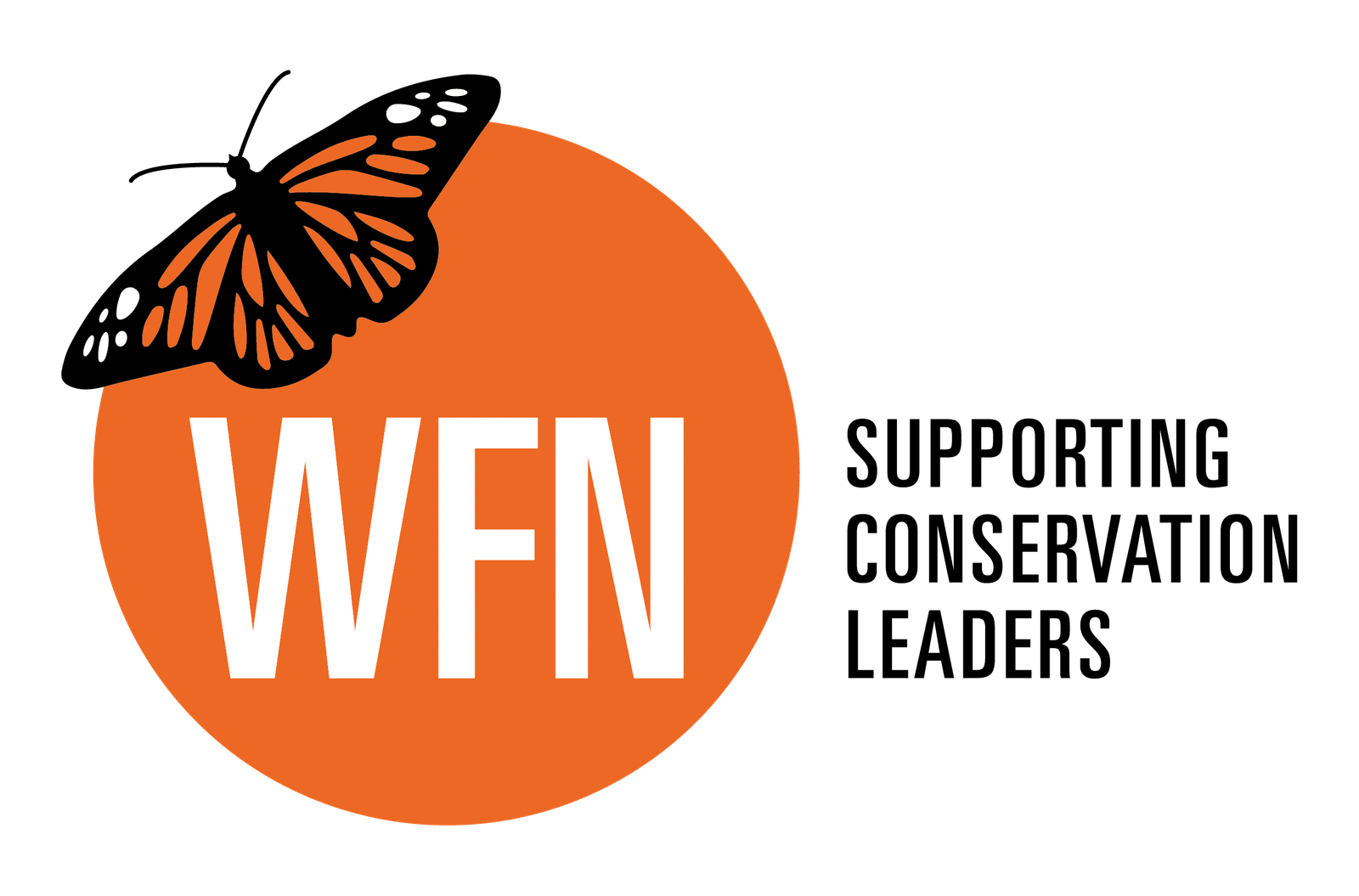










.jpeg)
.jpeg)





